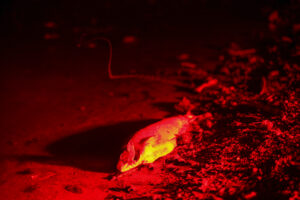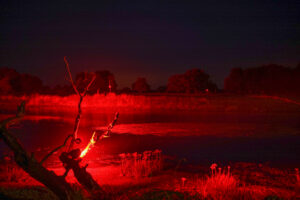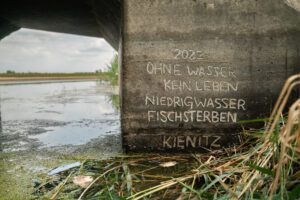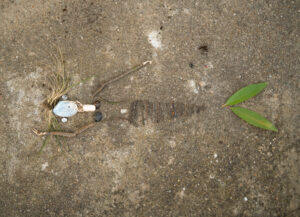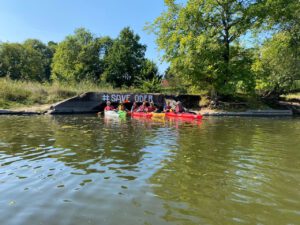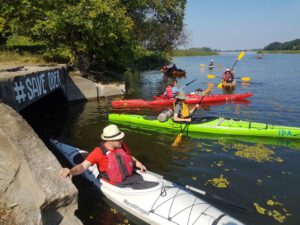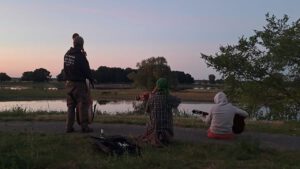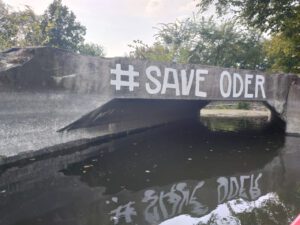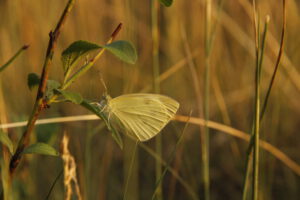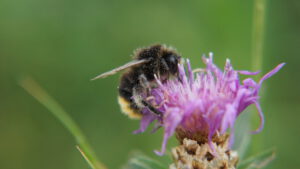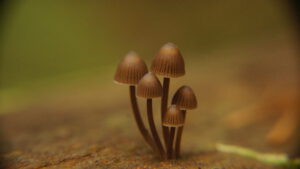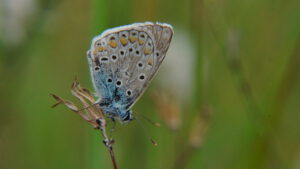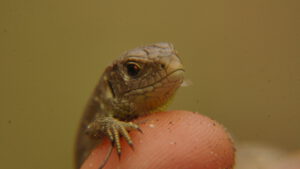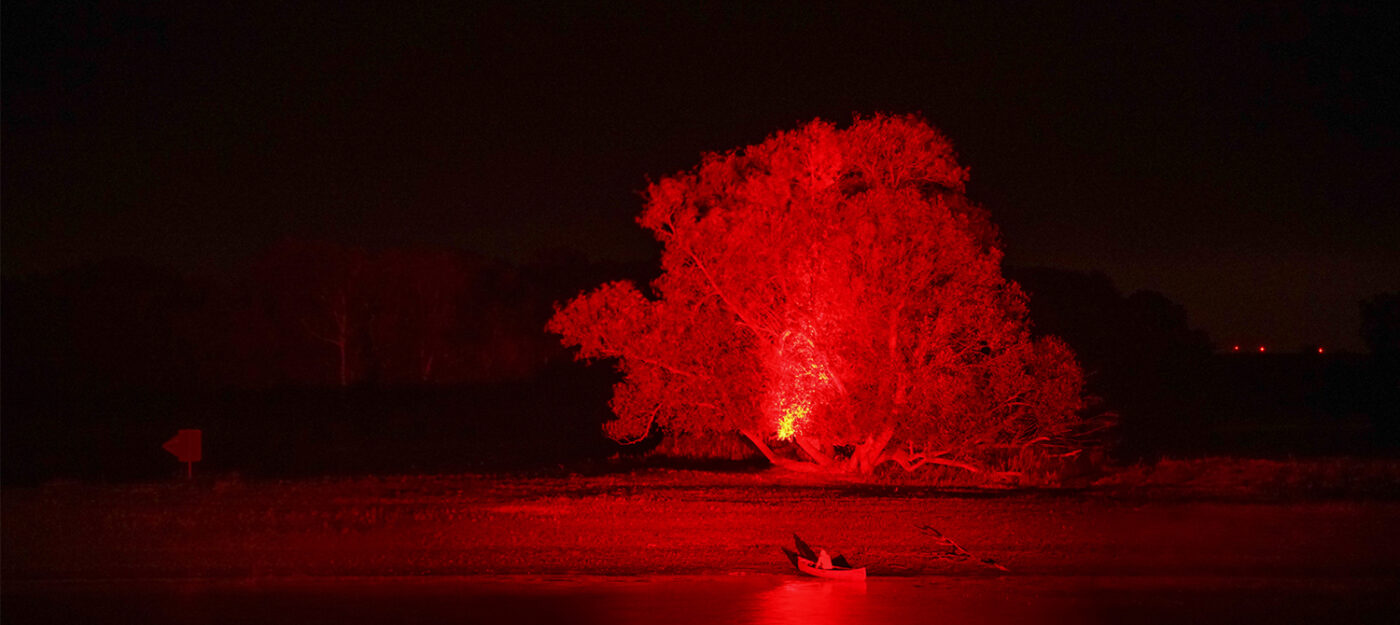The BUND-Infopunkt Oderbruch is run by the Association for Environmental and Nature Conservation (BUND) District Association Märkisch-Oderland. It is located on the grounds of the Naturerlebnishof.
Our 2.5 hectare site with its small-scale structures such as orchard, natural pond, herb garden, forest development area, willow hedges, bee meadow shows a colourful mosaic of near-natural structures of the Oder floodplain in harmony with human activities.
Regular BUND events and discussion groups on floodplain development, nature conservation, Oder development and education for sustainable development take place here. The ensemble of the BUND Info Point Oderbruch is an information and meeting point for tourists, students, pupils and scientists who want to learn about the cultural history, the biodiversity and the problems of management, as well as flood protection. Canoe and bicycle tours as well as nature walks can start directly from the site.
Our nature area
There is the FFH area “Odervorland Oderbruch” and the European bird sanctuary “Mittlere Oderniederung” with the “Sophienthaler Polder” and its inland dune “Garnischberg” to experience and explore. On the other side of the river in Poland are the FFH area “Dolna Odra” and the bird sanctuary “Dolina Dolnej Odry”. There are no flood protection dikes here, the floodplain follows the natural rhythm of the river floodplain. The natural inland dune “Monte Casino” in the nature reserve of the same name is impressive.
On this side and on the other side of the Oder, the landscape is characterised by softwood floodplain forests with willows and black poplars, but also by hardwood floodplain forests with fluttering elms and English oaks. The floodplain meadows are interspersed with species-rich oxbow lakes and small water bodies. In spring, the expanses of the Oder floodplain are filled with the polyphonic concerts of fire-bellied toads and pond and lake frogs. Sometimes even the endangered tree frog can be heard. Beavers and otters have their territories here.
The Oder floodplain in Kienitz is important as a resting, wintering and gathering area for international bird migration. It is directly connected to the Polish National Park “Ujście Warty” (Warthebruch) near Kostrzyn, about 20 km away. In winter, rookery and greylag geese, tufted, mallard and goldeneye ducks, diving ducks and cranes dominate. In summer, white and black storks, black terns and common terns, ruff, snipe, curlew, oystercatcher and sandpiper can be seen, and white-tailed eagles and ospreys can be seen hunting.
The protected areas in the Kienitz area are extremely significant because of their above-average biodiversity in the midst of the biologically impoverished agricultural landscape.
In August 2022 we founded the citizens’ initiative SAVE ODER DIE. This is a reaction to the Oder disaster.
Hashtags: #SAVEODERDIE and #saveoder
Email: action@saveoderdie.net
Website: saveoderdie.net
We stand in solidarity with the “Aktionsbündnis lebendige Oder”. This alliance of several environmental and nature conservation organisations has been fighting for the preservation of the unique ecosystem of the Oder for several years.
Website: https://saveoder.org
Observations on the development of macrophyte communities in groyne bays of the Oder and nearby floodplain waters since 2017:
Makrophyten_Grenzoder_AH_BVBB_2023
The BUND Info Point is part of the Oder floodplain and is to be further developed as a “floodplain garden”.
The following measures are planned:
Woody plants and meadow
- Willow care as a cultural asset
- Presentation of local tree care
- Maintenance of willow wattle fence, willow tipis
- Hardwood meadow, footpaths, footbridges (magic forest)
- Water level maintenance of ditches
- Documenting forest development
- Creation of a herbarium of the tree species of the floodplain
- Creation and maintenance of a Benjes hedge as a shelter for wild animals
- Natural fruit tree pruning Seminar support
Herb garden
- Butterfly and insect garden (identification, mapping, moth catching)
- Maintenance of the garden ensemble
- Construction of an insect hotel
- Creation of a herbarium
- Acceptance of seeds, sowing of seeds
- Creation of presentation bouquets
- Compost care and management
- Visitor care and guidance
Pond
- Maintenance and revitalisation of the amphibian biotope
Animal education
- Animal care of endangered domestic animal breeds (goats, sheep, chickens, geese)
- Care of foster animals such as wild birds and bats
Events
- Participation in the “Open Gardens” as “Auengarten
- Rubbish collection campaigns in the Oder floodplain
- Participation in the nationwide butterfly monitoring https://www.ufz.de/tagfalter-monitoring
Nature conservation
- Winter waterfowl count on the Oder
- Bat roost management at the Ostquell-Brewery in Frankfurt (Oder) and the external roosts in Märkisch-Oderland
